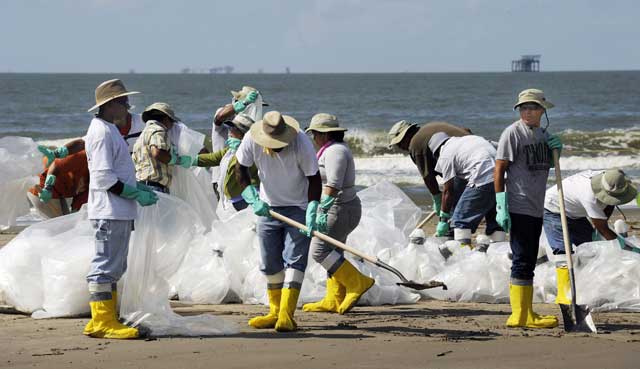2014: How to Survive the Next World Crisis, By Nicholas Boyle

Your support helps us to tell the story
From reproductive rights to climate change to Big Tech, The Independent is on the ground when the story is developing. Whether it's investigating the financials of Elon Musk's pro-Trump PAC or producing our latest documentary, 'The A Word', which shines a light on the American women fighting for reproductive rights, we know how important it is to parse out the facts from the messaging.
At such a critical moment in US history, we need reporters on the ground. Your donation allows us to keep sending journalists to speak to both sides of the story.
The Independent is trusted by Americans across the entire political spectrum. And unlike many other quality news outlets, we choose not to lock Americans out of our reporting and analysis with paywalls. We believe quality journalism should be available to everyone, paid for by those who can afford it.
Your support makes all the difference.On first glance, the title of this book not only seems a touch apocalyptic. As we're barely out of the current financial crisis and plenty of economists warn of a double-dip recession, surely the world can't be due another catastrophe quite so soon? The eye-catching cover is a little deceptive, although the warning provided by Nicholas Boyle - President of Magdalene College, Cambridge, distinguished scholar of German and biographer of Goethe - is no less important for being more measured than his title suggests.
The crisis we hope is beginning to pass has been economic in nature, a consequence of the failure to build institutions to regulate the globalisation of trade. The next crisis, or "Great Event", argues Boyle, will be political. As China and India rise, and American power wanes, we need to build a new international order. Our success or lack thereof points to two alternatives. Will 2014 be an 1815, when the Congress of Vienna made a peace at the end of the Napoleonic Wars that lasted most of the century? Or will it be a 1914, the beginning of "the 75 years war" during which two massive global conflicts contained an unstable interregnum and were followed by an armed stand-off, its equilibrium only maintained through the nightmare of Mutually Assured Destruction?
The villain of the piece, as it were, is the nation state. Our attachment, and in particular America's attachment, to this idea is what we need to discard if we are to avert disaster. "An international structure is needed to control nuclear-armed mavericks, old and new," writes Boyle, "and to impose order on the demographic upheavals consequent on climate change." Otherwise, the "Great Event" could "eclipse all its predecessors and leave few behind to worry about numerological patterns" – such as whether the second decade of a century tends to be the one that defines it or not.
The line is that it shouldn't be too difficult to shuck off the bonds of these boundaries. Far from being born of the 19th century, the territorially-defined nation state is mostly a post-Second World War creation. The historical rule to which the nation state is the youthful exception is empire, which can live on even when nominally abolished – viz the Kremlin view that former Soviet possessions are still firmly within Russia's "sphere of influence".
These old models of multilingual, multireligious societies in which identities did not stop at border posts is what we have to rediscover. We won't make a global government out the UN, he says. But we might turn the IMF into an instrument of global governance, financed by a Tobin tax on currency transactions. With the world's economy effectively policed, other structures will fall into place.
It is a tempting thesis, leavened with erudite references, to Hegel, Bentham, Johnson and Jefferson, and sound on the confused waffle that surrounds "human rights". Whether "the ideal of ever-closer cooperation" is one governments choose to follow, however, is left open. Boyle concludes with a touch of graveside wordplay. "Either the world changes for good," he writes, "or it changes for good."
Join our commenting forum
Join thought-provoking conversations, follow other Independent readers and see their replies
Comments